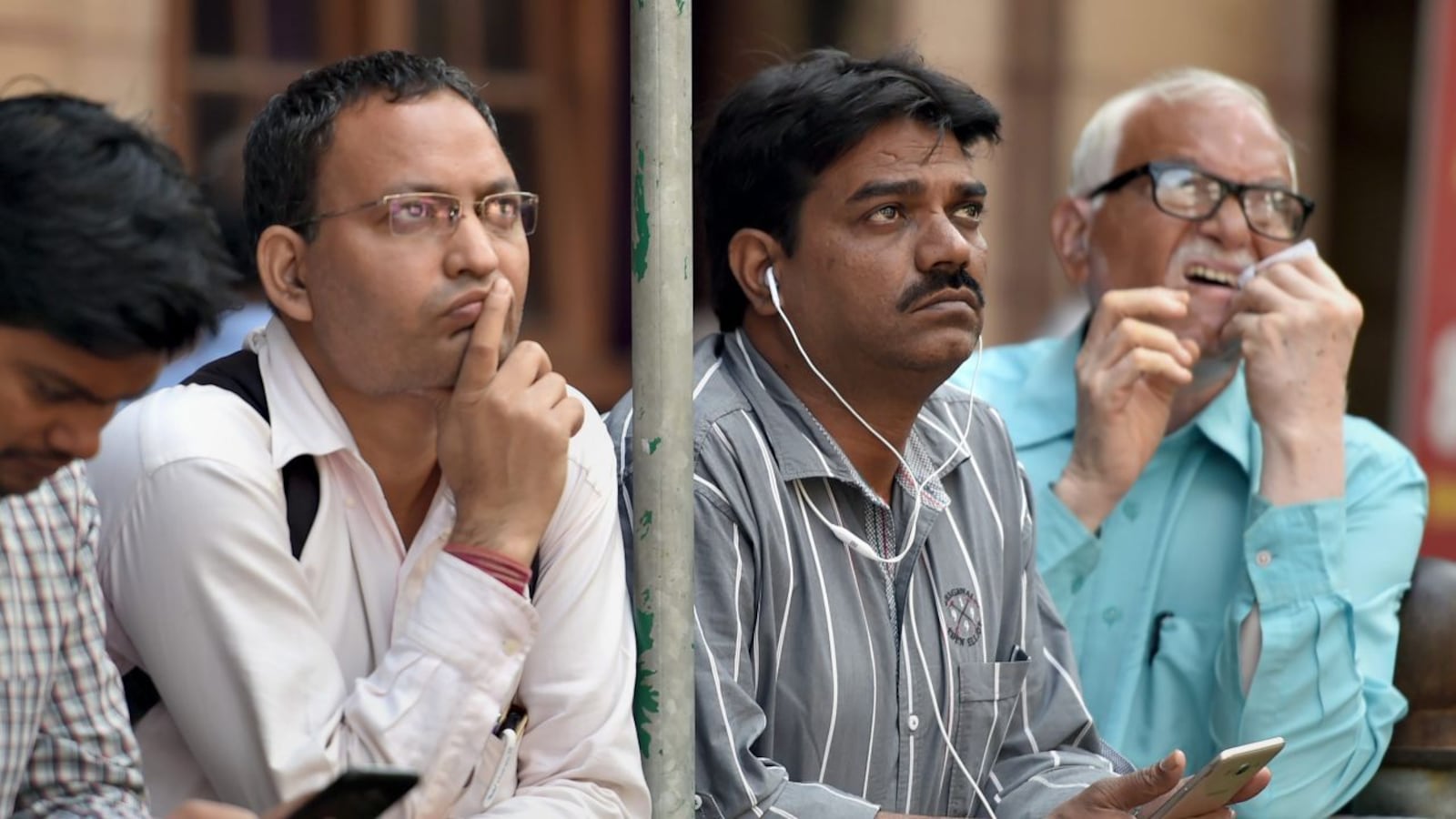Not Seeing Any Looming Signs of Recession in India 2023 : Sonia Dasgupta

Not Seeing Any Looming Signs of Recession in India 2023: Sonia Dasgupta
Healthcare, consumer, technology, financial services, and tech-enabled services are among the industries that the PEs are interested in.
Indian economist, Sonia Dasgupta, has recently dismissed the possibility of an impending recession in India, providing compelling arguments that bode well for the future of the country’s economy. In 2023, Dasgupta’s assurance was a beacon of hope against the pessimistic economic forecasts that had begun to dominate the global landscape.

Her optimistic view is backed by strong economic indicators and significant governmental policy measures that she points out. Let’s delve into the details.
According to a senior executive at JM Financial, the India growth narrative is still intact, and the recession in other areas of the world is unlikely to affect the nation; rather, this would be a golden decade for India.
Sonia Dasgupta, MD & CEO (investment banking) at JM Financial, said in a conversation with FE that there may be extreme market volatility due to global inflation, rate increases, and portfolio adjustments.
We have received close to $9 billion in FDI inflows, so we are optimistic about the India development narrative. We have not yet noticed any impending symptoms of a recession in India, and we are sure that the country will continue to be a strong draw for foreign investment. The China Plus One strategy and the overall trend of global multinationals moving to India for manufacturing would be beneficial, according to Dasgupta.

According to her, this will be India’s “golden decade” due to its capabilities, purchasing power resulting from its demographics, youthful population, talent pool, and expenditures on infrastructure, education, and healthcare. Future investments would expand in manufacturing, financial services (insurance, mortgages), car components, defence, and pharmaceuticals.
Regarding the increase in exits by private equity firms, Dasgupta said that most of them occurred after the entire lifecycles of PE firms’ investments were completed, encouraging investors to have more faith in a market with as much depth as India. The same brands are thus seriously considering investing in India, according to her.
Healthcare, consumer, technology, financial services, and tech-enabled services are among the industries that the PEs are interested in.

According to Dasgupta, the M&A deal pipeline for FY24 is promising. Initial public offering (IPO) agreements planned but did not materialize in the previous fiscal year will continue into this one, and more IPOs are anticipated in FY24.
The amounts that PE funds have lately been able to raise from their limited partners have unquestionably been influenced by the reset in the global economic landscape, she claimed. In contrast to the investment mentality that predominated in FY22, which has been motivated by the dread of losing out on chances, this has naturally made investors cautious about the prices they are ready to pay when they invest.
JM Financial, which is marking its 50th year in operation, would keep concentrating on areas where its clients would invest, according to Dasgupta. These include inexpensive housing, branded goods (mainly food), healthcare, technology, and financial services.

Dasgupta’s faith in India’s robust economy arises from the strength of its economic indicators. In her analysis, she underlines the steady growth in GDP, declining unemployment rates, and strong export performance as significant signs of economic vitality.
The Indian GDP has grown consistently, demonstrating resilience even during global financial distress. As Dasgupta points out, India has achieved a positive growth rate, aided by a resilient agricultural sector and the rapid digitization of services.
A decline in the unemployment rate is another positive signal. The government’s push towards skill development, the gig economy, and a surge in start-ups have significantly boosted employment opportunities.

India’s export performance, another pillar of Dasgupta’s argument, has shown encouraging signs. The country has managed to maintain a healthy export-to-GDP ratio, even in the face of a volatile global market.
Dasgupta also attributes the absence of recession indicators to effective governmental policies. She applauds the Indian government’s proactive and strategic response to economic distress signals, leading to a vibrant and resilient economy.
The fiscal stimulus package, aimed at reviving the pandemic-hit economy, has proven beneficial. By injecting funds into the economy, the government managed to spur demand, thereby leading to economic activity and job creation.
She also appreciates the government’s infrastructure investment, which has increased economic activity and provided much-needed jobs. Infrastructure development is a proven method to bolster an economy, and Dasgupta commends India’s execution of this strategy.

Monetary policy has also played its part. The Reserve Bank of India has effectively managed inflation and ensured liquidity in the banking system, thereby facilitating credit availability to businesses and consumers.
Lastly, Dasgupta emphasized the critical role played by India’s focus on innovation and digitization. India’s digital economy has been a significant factor in staving off recessionary pressures. The country has seen a rapid rise in tech start-ups and digital payment platforms, providing new avenues for economic growth.
The government’s push for digitization has resulted in sectors like e-commerce, online education, and digital healthcare thriving, even during challenging times. The surge in digital businesses has also helped create jobs and fuel economic growth.
Sonia Dasgupta’s perspective is a refreshing and optimistic take on India’s economic future. Her faith in India’s resilience and growth is grounded in discernible and promising economic indicators. However, she recognizes the potential challenges. While no signs of recession appear imminent, she emphasizes that it is crucial to continue monitoring economic indicators and adjusting policies accordingly to sustain this positive trajectory.

This perspective serves as a reminder that while caution and preparation are necessary, it is also important not to overlook signs of resilience and potential for growth. As the world navigates the complexities of the post-pandemic economy, Dasgupta’s insights provide a balanced view and a hopeful outlook. Her analysis underlines the importance of resilience, policy intervention, and innovation in keeping an economy robust and healthy.






